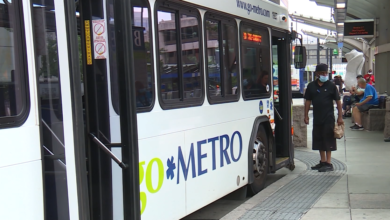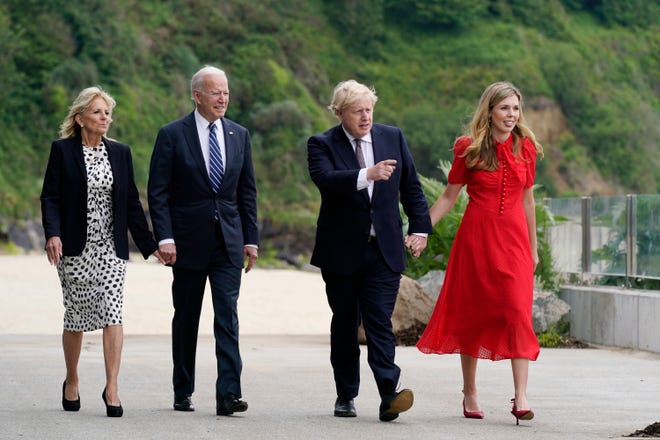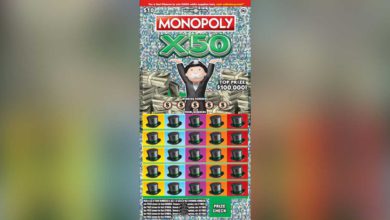
If you aren't crying by the end of "CODA," we're not sure what to do with you.
The film, written and directed by Siân Heder ("Tallulah") is the story of 17-year-old Ruby (Emilia Jones), the hearing child of deaf parents (Oscar-winner Marlee Matlin and Troy Kotsur), who's caught between helping her family's fledgling fish business in Gloucester, Massachusetts, and pursuing her singing aspirations in college. It premiered Thursday night at the Sundance Film Festival.
Propelled by its powerful inclusivity of the deaf community, it's a refreshing reboot of the traditional teen romance and coming-of-age story. Think how "Love, Simon" gave the LGBTQ community its cliché, cute teen movie. "CODA" — which stands for child of deaf adults, and coincidentally is a musical term — begs you to pay attention to deaf culture, and rightly so.
Matlin spoke highly of "the opportunity to work with other deaf actors plus other actors who weren't deaf, who learned sign language who were more than willing to open up their minds" in a video Q&A after the film's premiere.
Audiences will be impressed by Jones in particular, who — spoiler alert — gives a stunning performance of Joni Mitchell's "Both Sides Now" (while signing!) that will leave you breathless and texting your mom.
A preview of Sundance:Sundance Film Festival: 2021 goes virtual with robust program, diverse offerings

She had to learn sign language for the role but you'd be fooled into thinking she knew it already. "It was such an honor to learn sign language," Jones said during the same Q&A. "I absolutely fell in love with this beautiful language. I've actually carried on learning it too."
Sign language was obviously an integral part of the film, but it was behind the camera as well. "There was zero barriers on the set," Matlin said through an interpreter. "(Heder) really immersed herself into our culture and made every attempt to learn and to work with us and having two directors of sign language on the set, plus interpreters, plus the crew who learned our language, everyone working together, it was working like on any other set, but the sign language aspect made it extra special."
Heder added: "We were signing on set when there were no deaf actors on set."
Sign language was a crucial part of the comedy in the film — especially when Ruby's father tries and give his daughter a sex talk.
Awards season buzz:'Nomadland,' 'One Night in Miami' among top movies in American Film Institute honors

"It was dirtier and dirtier," Heder said. "The signs were more and more explicit. We were all just dying on set."
So, what does Hollywood have to do to be more inclusive for the community and make more films possible? "We need to hire more deaf actors. Simple as that," Matlin said, later adding they should be men and women of all colors. It stretches beyond actors to elsewhere behind the scenes, too, like directing, make-up, what have you.
"There are so many stories that can be told," she added. "All you need to do is just show them and they can involve deaf characters. They don't have to be about being deaf."
Daniel Durant, who plays Ruby's deaf brother, spoke on the importance of deaf writers through an interpreter. "I know so many deaf writers that are talented, and they have amazing stories that they want to tell," he said.
Heder said deaf artists need financing to tell these stories and mentioned how critical it is for hearing people to learn.
"You want the community to be able to present itself," she said. "I would also say that as an outsider from the community coming in, I made sure that I was the conduit, and I brought in people that knew better than me, and could educate me along the way."








